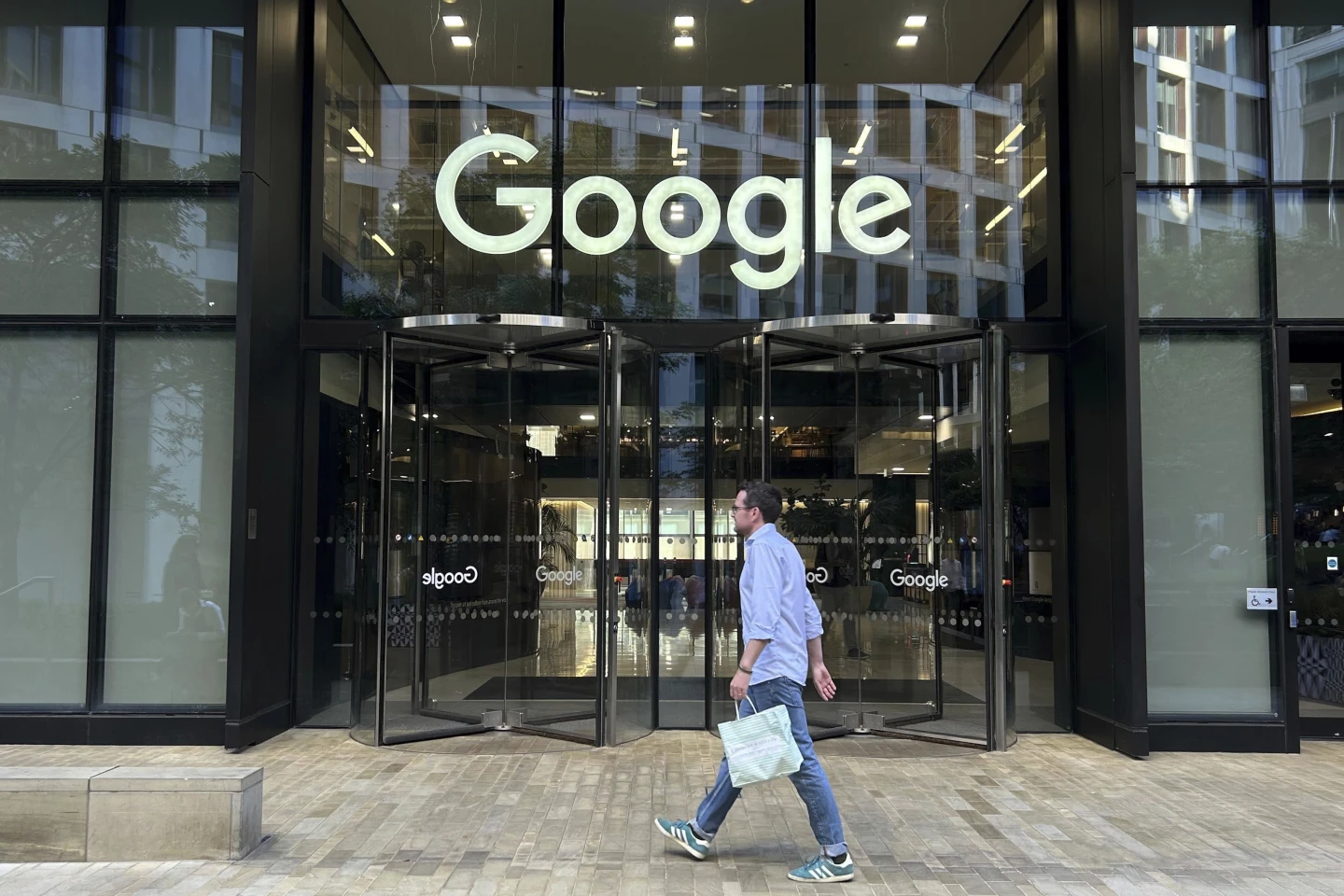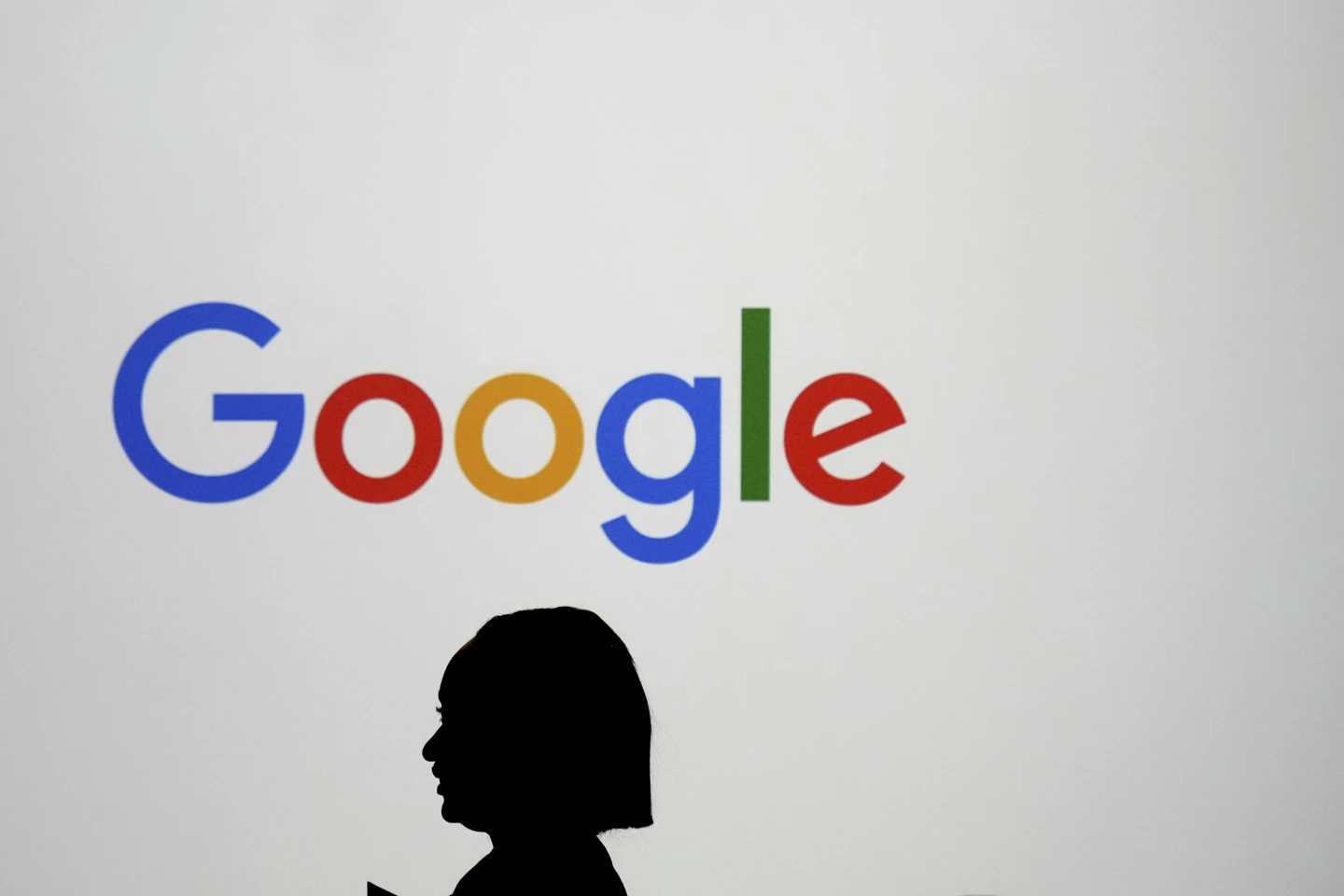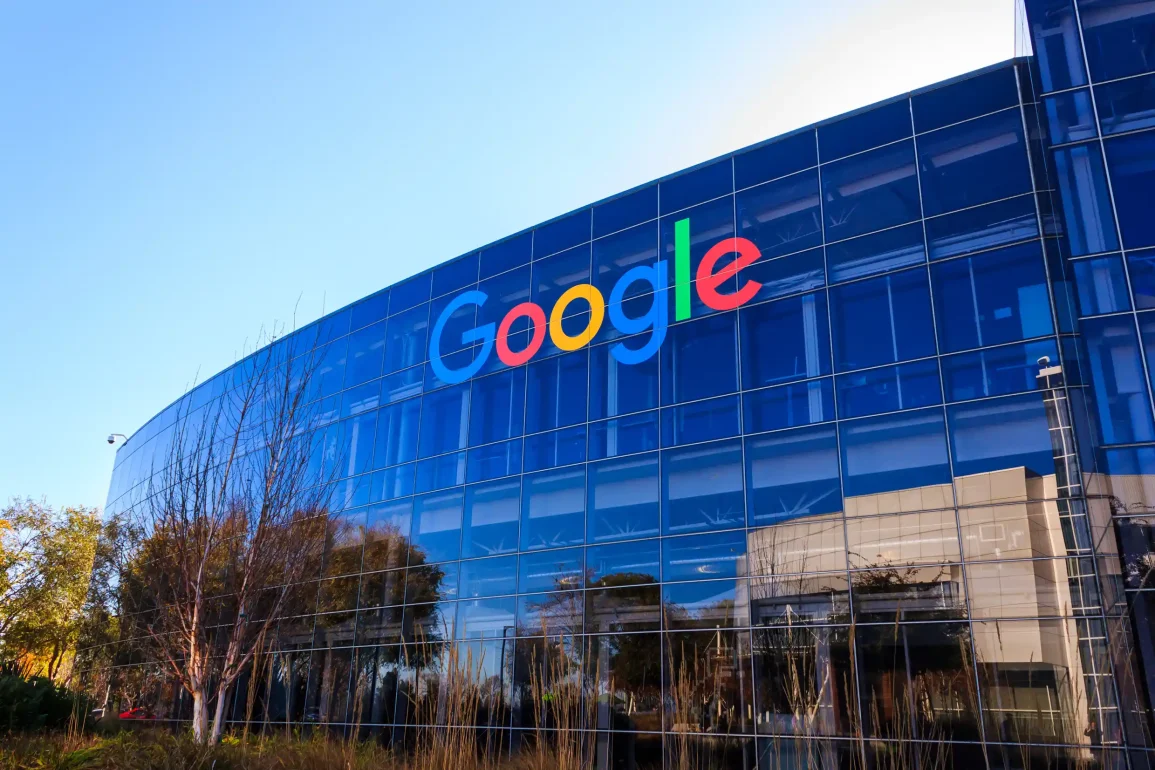Google is facing a serious challenge as the U.S. government seeks to break up the company for turning its search engine into an illegal monopoly.
This legal battle began Monday in a Washington courtroom, where three weeks of hearings started to decide how Google should be punished. Government lawyers also asked the court to take steps to stop Google from using artificial intelligence to expand its control.
“This is a moment in time, we’re at an inflection point, will we abandon the search market and surrender them to control of the monopolists or will we let competition prevail and give choice to future generations,” said Justice Department attorney David Dahlquist.
These hearings, called a “remedy hearing,” will include testimony from several witnesses, including Google CEO Sundar Pichai.
The U.S. Department of Justice wants the court to take major action, including blocking Google from making its expensive deals with Apple and others that limit competition, forcing it to share user data with other companies, and making it sell its Chrome browser.
Google’s attorney, John Schmidtlein, argued for a lighter response. He said the government’s proposals would not help competition and would unfairly support weaker competitors with lower-quality products.
“Google won its place in the market fair and square,” Schmidtlein said.
This case comes four and a half years after the Justice Department filed a lawsuit claiming that Google used its power in search to block competition and slow down innovation for more than a decade.
The trial started in 2023, and a judge later ruled that Google made anti-competitive deals to keep its search engine as the default on iPhones, PCs, and Android devices.
Judge Amit Mehta’s ruling sets the stage for deciding what penalties Google will face in the market it has led since Larry Page and Sergey Brin founded the company in a garage in 1998.

Google has grown far beyond search, expanding into email, maps, video, browsers, mobile software, and data centers
Now that it has won part of the case, the Justice Department is pushing for strong action against Google and its parent company, Alphabet Inc.
“Google’s illegal conduct has created an economic goliath, one that wreaks havoc over the marketplace to ensure that — no matter what occurs — Google always wins,” the Justice Department said in its proposal. “The American people thus are forced to accept the unbridled demands and shifting, ideological preferences of an economic leviathan in return for a search engine the public may enjoy.”
Although the original proposal was made under President Joe Biden, the Justice Department under President Donald Trump, who filed the case, is continuing the effort. The department now says Google’s power is a danger to freedom.
In his opening statement, Dahlquist said that senior Justice Department officials were present in court to show their full support for the case. He said the bipartisan nature of the lawsuit is clear.
“The fact that this case was filed in 2020, tried in 2023, under two different administrations, and joined by 49 states demonstrates the non-partisan nature of this case and our proposed remedies,” Dahlquist said.
He also said the hearings will focus on artificial intelligence. Executives from AI companies, including OpenAI, will testify. Dahlquist said the court should make sure Google’s AI tool, Gemini, isn’t used to strengthen its control over search.
“We believe that Google can and will attempt to circumvent the court’s remedies if it is not included,” Dahlquist said. “Gen AI is Google’s next evolution to keep their vicious cycle spinning.”
The focus on AI shows how this technology might change how people find information online, similar to what Google’s search engine did over 20 years ago.
The government’s first witness was Greg Durrett, a computer science professor and AI expert from the University of Texas. He said Google’s strong position in search has helped it develop top-level AI products.

Schmidtlein, Google’s lawyer, said in his remarks that other AI companies have grown fast and are doing well
In a blog post Monday, AI search engine Perplexity supported the government’s effort to stop the expensive deals that give Google an advantage on smartphones and computers.
“The future of search is clear, and it isn’t links for Google to sell traffic. It’s AI that answers questions, completes tasks, and interacts with applications,” Perplexity said.
But Google warned that sharing search data with rivals and selling Chrome could threaten user privacy and safety.
“The breadth and depth of the proposed remedies risks doing significant damage to a complex ecosystem. Some of the proposed remedies would imperil browser developers and jeopardize the digital security of millions of consumers,” Google lawyers wrote in a document before the hearings.
This case is the biggest antitrust trial since the government sued Microsoft in the late 1990s for using its Windows software to block competition.
That case ended with a judge calling Microsoft an illegal monopoly and ordering a partial breakup, which was later reversed by an appeals court.
Google plans to appeal Judge Mehta’s ruling from last year but must wait until the hearings are over. After closing arguments in late May, Mehta is expected to make a decision before Labor Day.
The Justice Department is also going after Google’s digital advertising business in a separate case. A judge recently ruled that Google misused its power in that market too. That means another round of hearings could happen later this year or early next year, possibly raising the chance of breaking up the company again.


